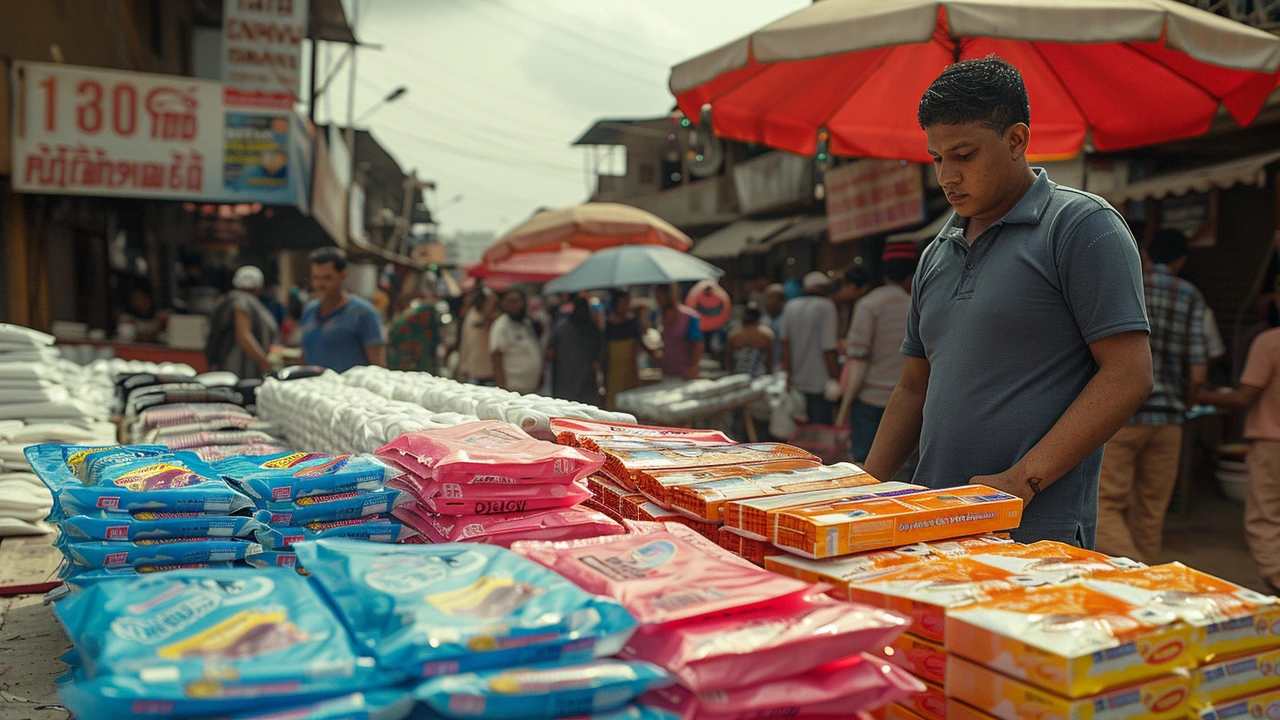
Introduction: Celebrating World Menstrual Hygiene Day
World Menstrual Hygiene Day, marked annually on May 28, serves as a crucial reminder of the importance of menstrual health and hygiene. This day aims to raise awareness and change societal stigmas surrounding menstruation. Menstrual hygiene management (MHM) is essential not only for individual health but also for broader public health, gender equality, and human rights. It involves using safe, hygienic materials, managing menstruation with dignity, and accessing appropriate facilities. However, in many parts of the world, especially low-income countries, these basic needs remain unmet.
The State of Menstrual Hygiene Globally
The magnitude of the menstrual hygiene crisis can often be overlooked. Despite some progress, a significant number of women and girls still face obstacles in managing their periods. Recent household surveys across 46 countries reveal that while 90 percent of women use suitable menstrual materials, there are still critical gaps. In five countries, women lack access to even the most basic menstrual products. This lack of access is compounded by inadequate facilities, which further hinders effective menstrual hygiene management.
For many women and girls in low-income settings, managing menstruation is a struggle that impacts every aspect of their lives. A lack of menstrual products means resorting to unsafe materials like old rags, leaves, or newspaper. This not only undermines their dignity but also poses serious health risks, such as infections. Furthermore, inadequate facilities often mean that clean and private spaces to change and dispose of menstrual products are unavailable. This scenario becomes even more challenging in emergency settings like refugee camps or amidst natural disasters.
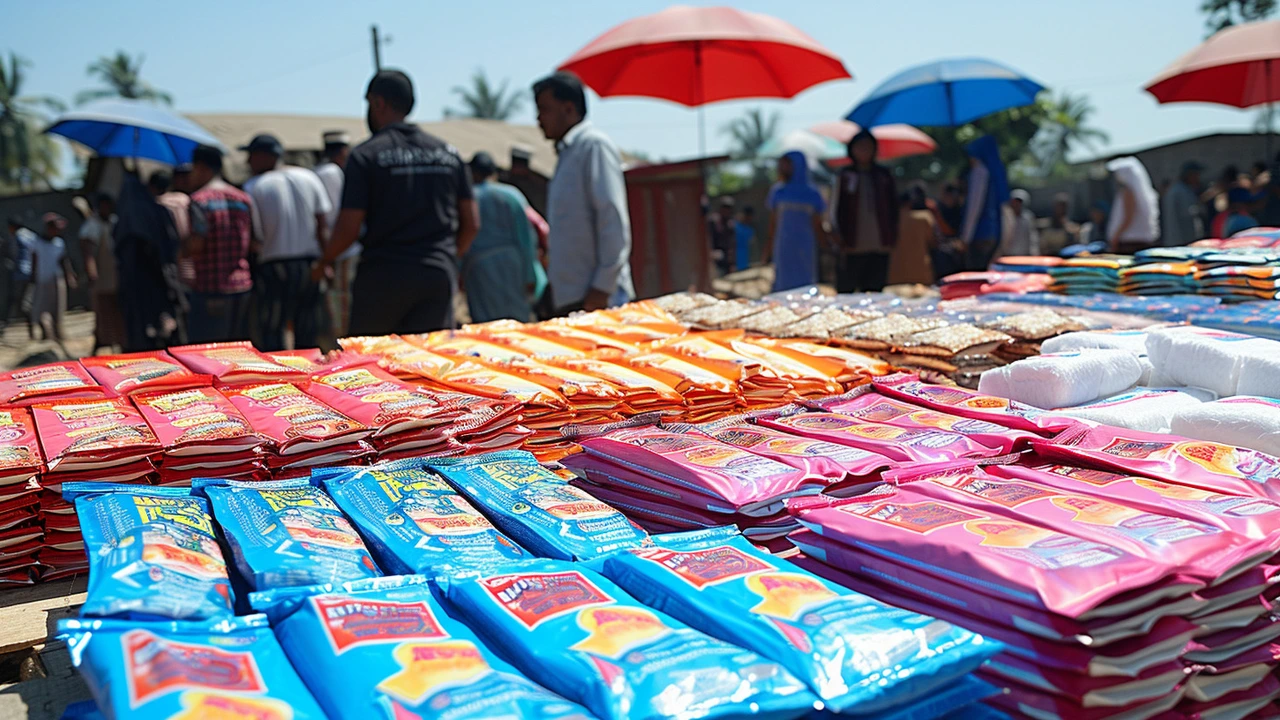
Impact on Education and Participation
The impact of poor menstrual hygiene goes beyond health. It significantly affects educational and economic opportunities. In some countries, more than 30 percent of women and girls miss school, work, or social activities during their periods. This absenteeism does not just stem from the unavailability of products but also from the stigma and cultural taboos that surround menstruation. Many girls drop out of school entirely once they reach puberty because of inadequate facilities or fear of embarrassment. This keeps women trapped in a cycle of poverty, limiting their ability to gain education and economic independence.
Addressing these challenges is crucial for achieving gender equality. Ensuring that girls can continue their education during menstruation without shame or fear is a fundamental step toward economic empowerment and equality. In some regions, governments and NGOs have initiated programs to provide free or subsidized menstrual products in schools. These interventions have led to improved attendance and goal attainment for many girls, paving the way for a brighter, more equitable future.
Health Risks and Human Rights
Inadequate menstrual hygiene management isn’t just an issue of discomfort or inconvenience. It’s a significant public health concern. Poor hygiene practices increase the risk of infections, such as urinary tract infections (UTIs) and reproductive tract infections (RTIs). The lack of access to clean water and sanitation facilities exacerbates these risks. Women and girls in low-resource settings often have to make tough choices between managing their periods and other basic needs due to financial constraints.
Menstrual health is also a human rights issue. Every girl and woman has the right to manage her menstruation with dignity and without discrimination or violence. However, in many places, deeply ingrained taboos and cultural norms result in girls being shunned or isolated during their periods. They may be barred from participating in religious rituals, attending school, or even preparing food. Such practices not only harm their mental and emotional wellbeing but also violate their fundamental rights.
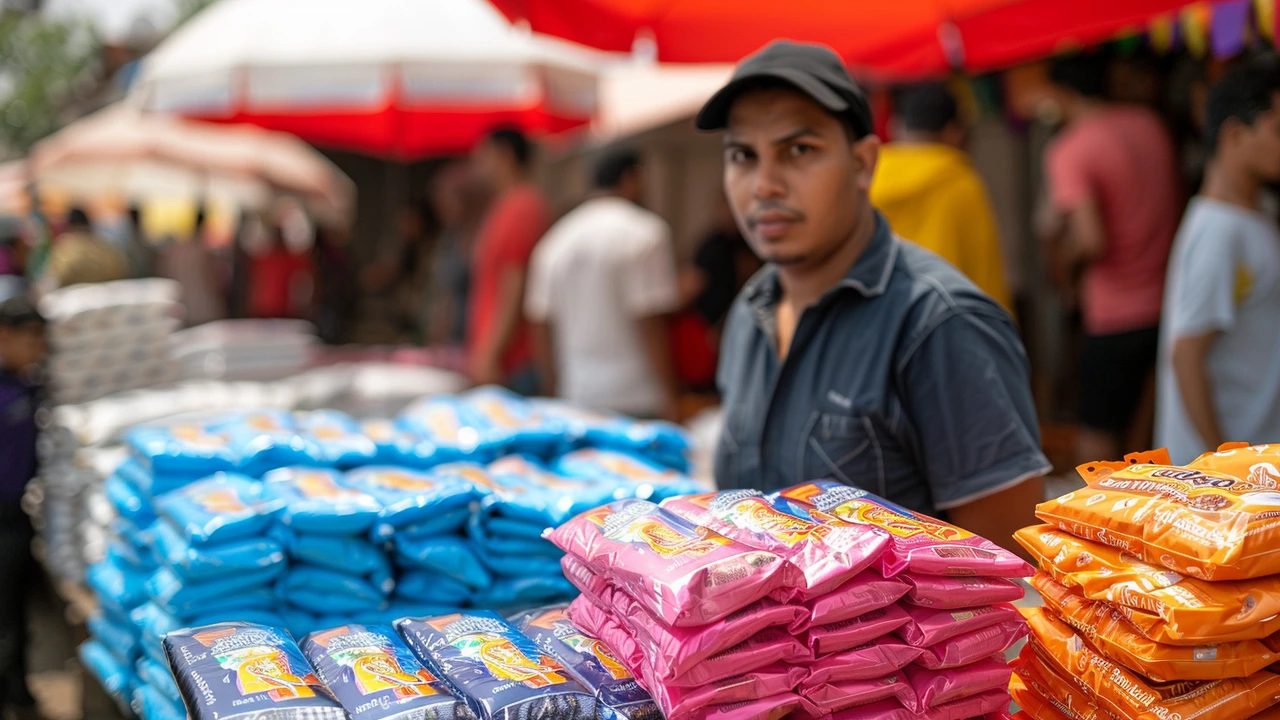
The Role of Education and Awareness
Education around menstruation is crucial. Comprehensive menstrual education should begin early, ideally before girls reach puberty. Such education helps dismantle harmful myths and misconceptions and provides accurate information about menstruation and reproductive health. Unfortunately, in many parts of the world, menstrual education is lacking or non-existent. In schools, teachers may feel uncomfortable discussing the topic due to societal taboos. Parents might also be reluctant to discuss menstruation openly with their children.
Increasing educational efforts can transform how societies view and manage menstruation. Community outreach programs, school curricula, and media campaigns can play pivotal roles in raising awareness and changing perceptions. Empowering both girls and boys with knowledge about menstruation is essential to foster an environment of understanding and support. This not only benefits women's health and social standing but also promotes gender equality by normalizing a natural biological process.
Bridging the Data Gaps
Collecting and analyzing data is fundamental to improving menstrual hygiene management globally. Current data highlights substantial gaps, especially regarding the availability and quality of menstrual products and facilities, as well as the education provided on menstruation. By filling these gaps, stakeholders can tailor interventions more effectively to meet the needs of women and girls.
Household surveys and studies conducted in various regions can provide valuable insights into the challenges faced and the progress made. These surveys need to be inclusive, covering a wide range of demographics to paint an accurate picture. With better data, NGOs, governments, and other organizations can develop targeted strategies to improve menstrual hygiene management and address the root causes of the challenges faced by women worldwide.
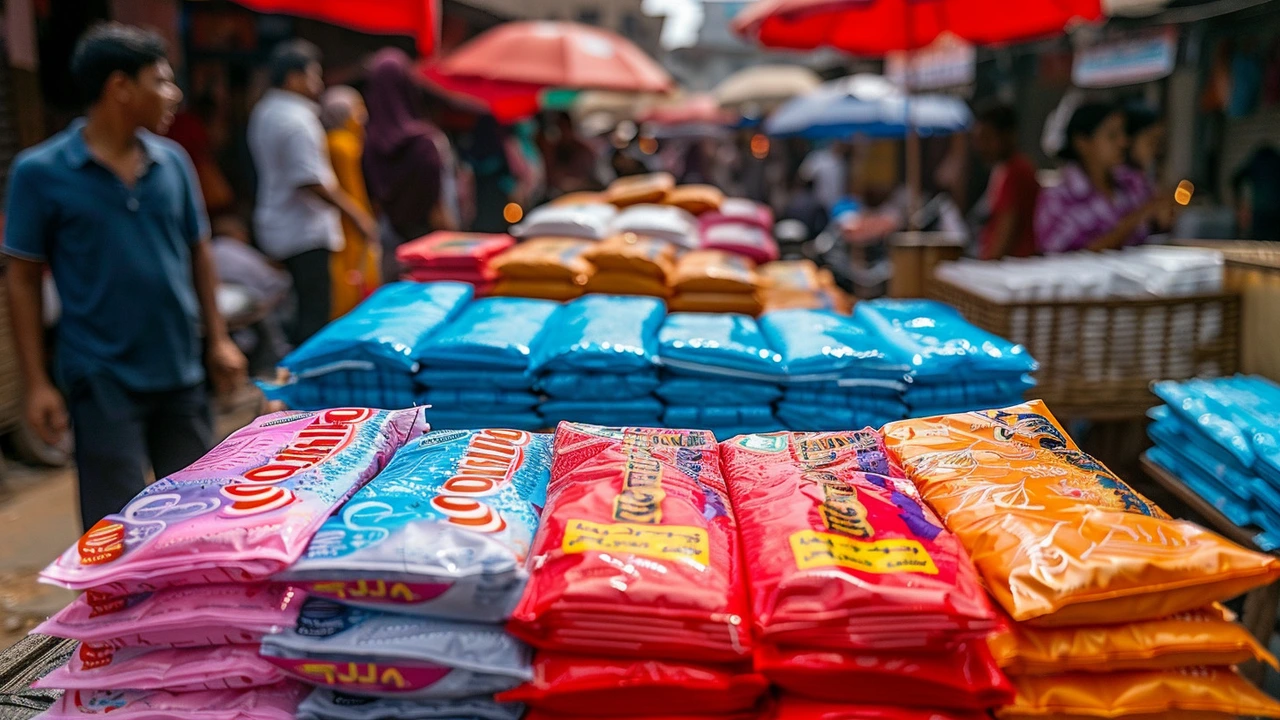
Conclusion: The Path Forward
The observance of World Menstrual Hygiene Day is more than just a symbolic gesture. It’s a call to action to address the significant and often overlooked challenges of menstrual hygiene management. Menstruation is a natural and integral part of life. Ensuring that women and girls can manage their periods with dignity, safety, and without shame is crucial to achieving gender equality and protecting human rights.
Moving forward, it is essential to continue raising awareness, increasing education, and investing in better facilities and services. By addressing the cultural taboos and practical barriers associated with menstruation, we can create a world where all women and girls have the opportunity to reach their full potential. Menstrual hygiene management must be a priority in public health agendas globally, reflecting our commitment to gender equality and human dignity.
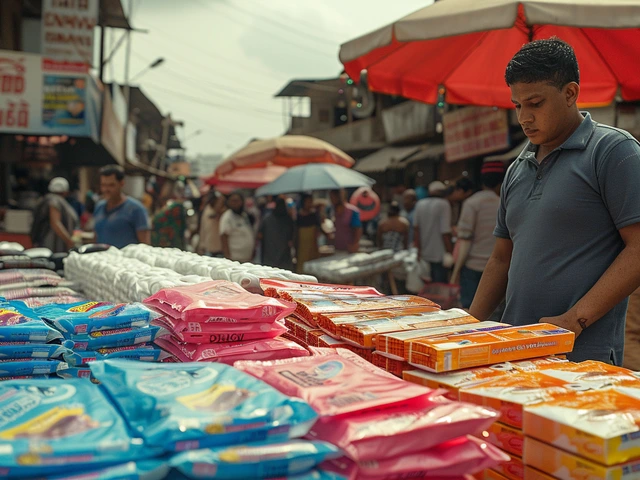





It is both astonishing and mildly amusing that in the twenty‑first century we still find ourselves debating the most basic of human necessities – the management of menstrual blood. One might assume that such a topic would have been relegated to the archives of antiquated public health pamphlets, yet here we are, confronted with glaring data gaps and stark inequities. The statistics cited in the article reveal a disheartening reality: millions of women and girls are compelled to improvise with rags, leaves, or newspaper, thereby exposing themselves to infections that are entirely preventable. Moreover, the lack of private, sanitary facilities transforms a natural biological process into an ordeal of shame and logistical nightmare. While some countries have made commendable strides by supplying free products in schools, these isolated successes are insufficient to offset the systemic failures that persist across continents. The very notion that a woman’s educational attainment can be jeopardized by the monthly arrival of her period is a testament to the profound sociocultural taboos that continue to dictate policy. It behooves us, as a global community, to recognize that menstrual hygiene is not a peripheral concern but a central pillar of public health, gender equality, and human rights. The data collection efforts highlighted in the piece underscore the necessity of robust, disaggregated metrics to inform targeted interventions; without such evidence, we are doomed to repeat antiquated mistakes. In emergency settings, the urgency intensifies, as displaced populations grapple with the dual burdens of trauma and inadequate menstrual resources. One cannot help but marvel at the paradox of modernity: we possess the technology to manufacture affordable sanitary products, yet the distribution mechanisms remain mired in bureaucracy and cultural inertia. Therefore, the call to action is unequivocal: governments must allocate budgetary resources, NGOs must scale up distribution, and educators must embed comprehensive menstrual education into curricula. Only through a coordinated, interdisciplinary approach can we hope to dismantle the stigmas that have long shrouded this essential aspect of health. In sum, the progress reported is commendable, but it is but a stepping stone toward the ultimate goal of universal access and dignity for all menstruating individuals.
Yo, I read that post and it's like the elite are pulling strings behind the scenes – they don’t want us to talk about pads because they’re hiding the real agenda! Everybody's just chillin’, but deep down, the whole "menstrual hygiene" thing is part of the big control matrix. I swear, the data looks legit but it's probably filtered. Anyway, it's sooo crazy how they keep us in the dark 😂.
Thanks for sharing this perspective! It’s great to see the conversation moving forward with clear, concise points that empower everyone.
Let us ponder: a period is but a fleeting shadow, yet society casts colossal walls around it. Short, stark, but resonant.
Oh my gosh!!! 🙌✨ This is such an important topic and I’m *so* happy we’re talking about it!!! 💖💪 Let’s keep the momentum going!!! 🌈🌟
Well, isn’t this just a classic case of good intentions meeting bureaucratic inertia? On one hand, we sprinkle in a few free pads and call it a revolution, but on the other, the systemic barriers remain stubbornly unshaken. The sarcasm is not lost on me – it’s like handing someone a paperclip when they need a wrench.
Stop the nonsense! This half‑hearted “initiative” is nothing but a pathetic band‑aid on a bleeding wound. If you’re going to claim progress, at least fix the grammar while you’re at it – “menstrual hygiene” isn’t a typo, it’s a fact. Get serious, or get out of the conversation.
Interesting read.